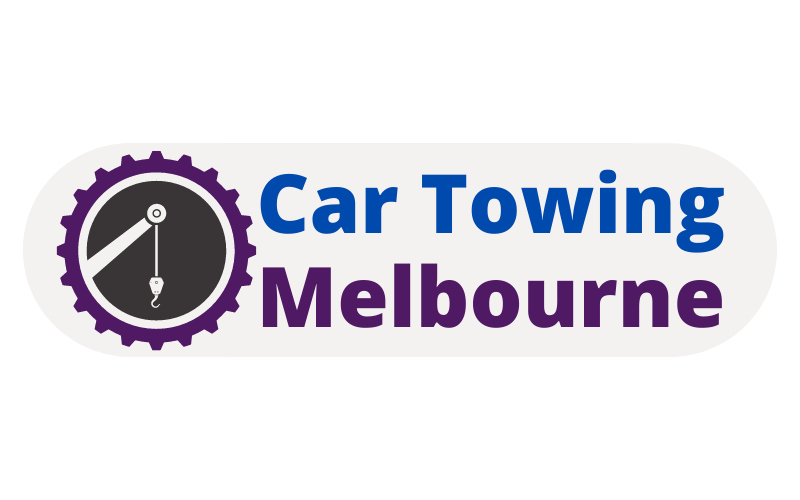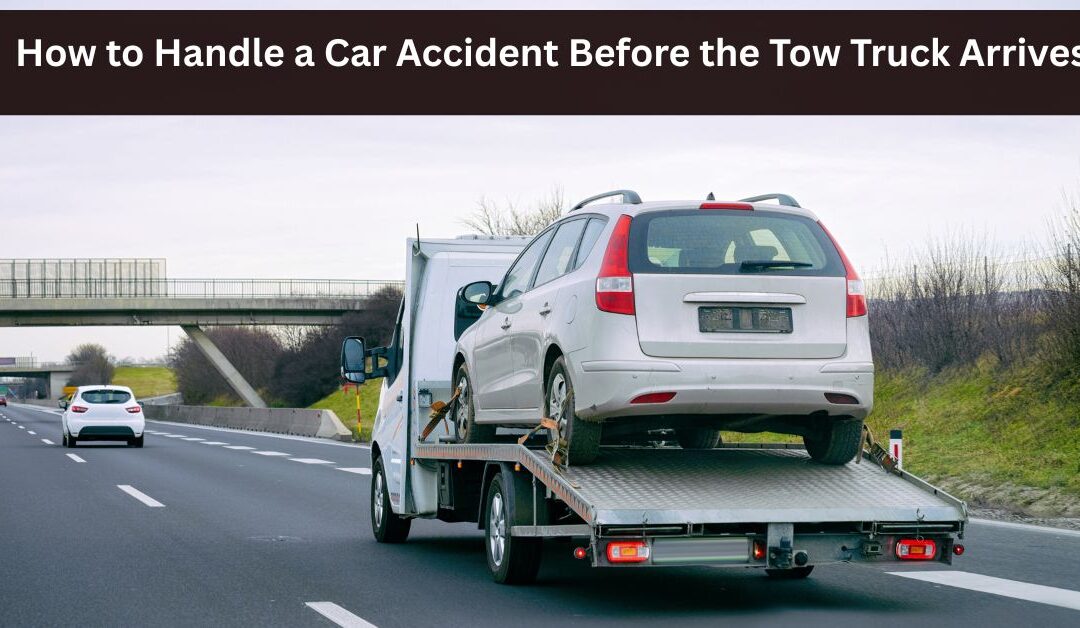Car accidents can be frightening, stressful, and disorienting. Even minor collisions can leave you feeling overwhelmed. In those moments between the accident and the arrival of the tow truck, knowing how to handle the situation calmly and correctly can make a big difference. Acting with care not only helps ensure your safety but also protects your rights and speeds up the recovery process. Here’s a detailed guide on what to do before the tow truck arrives.
Prioritize Safety First
The immediate aftermath of an accident can be chaotic. The very first thing you must do is ensure the safety of yourself, your passengers, and others around you. If your vehicle is still operational and in a dangerous location, such as the middle of a busy road, move it to the shoulder or a safer spot if possible. If the vehicle cannot be moved, turn on your hazard lights to alert other drivers. Stay inside the car if stepping out would put you in more danger, especially on highways or in low-visibility conditions.
Checking yourself and your passengers for injuries is equally important. Even if injuries seem minor, it’s critical to stay still and call for medical help if necessary. Sometimes shock can mask the severity of injuries immediately after an accident. Remaining as calm as possible will help you make clearer decisions during this critical time.
Contact Emergency Services
Regardless of the severity of the accident, contacting emergency services should be your next move. Reporting the accident to the police ensures that there will be an official report, which can be vital for insurance claims and legal purposes later on. Describe the situation clearly to the dispatcher and mention if there are any injuries or hazards like fuel leaks, which might require urgent attention from emergency responders.
The presence of police officers can also help manage traffic if your car is causing an obstruction. They will document the scene, gather statements from involved parties, and help determine who might be at fault. Remember, while you wait, avoid assigning blame or admitting guilt at the scene. Stick to factual statements when discussing the incident with both the police and the other driver.
Document the Scene Thoroughly
While waiting for the tow truck and emergency services to arrive, take the opportunity to document the accident scene carefully. Your smartphone is your best tool here. Take clear photographs of the vehicles involved from multiple angles, capturing the damage sustained, the position of the vehicles, any skid marks on the road, and environmental conditions like poor lighting or slick surfaces that may have contributed to the crash.
Also, gather information from the other driver, including their name, contact details, insurance information, vehicle registration, and driver’s license number. If there are any witnesses to the accident, politely ask for their names and contact information as well. Their testimony could be valuable if there is a dispute later. Recording as much information as possible ensures that you have a strong foundation to support your insurance claim or any necessary legal action.
Notify Your Insurance Company
After ensuring that everyone is safe and documenting the scene, it is important to notify your insurance company about the accident. Most insurers require prompt notification after an incident, and delaying this step could affect your coverage or claims process. Many insurance companies offer mobile apps that allow you to report the accident immediately by uploading photos, entering incident details, and even arranging for a tow.
During your conversation with your insurer, be honest about the circumstances and provide only factual information. They may advise you on the next steps, including where your car should be towed and which repair shops are within your coverage network. Following their instructions carefully can prevent unnecessary complications and additional costs down the line.
Prepare for the Tow Truck’s Arrival
When you have confirmed that a tow truck is on its way, there are a few things you can do to make the towing process smoother. Remove any personal belongings from your vehicle, including important documents, valuables, and items from the glove box and trunk. Towed vehicles can sometimes be stored in impound lots or repair shops for days, and retrieving your belongings later might be difficult or costly.
If you have a choice of where to tow the car, decide in advance whether you want it taken to your home, a mechanic you trust, or a facility recommended by your insurance company. If the police or tow truck operator suggests a particular location, make sure you are comfortable with that choice. Also, verify the identity of the tow truck operator when they arrive. A legitimate towing service should have the necessary identification and paperwork. It’s important to avoid falling prey to scams by unauthorized towers looking to take advantage of stranded drivers.
In some cases, you may need to sign a towing authorization form. Read the document carefully before signing and make sure you understand where your vehicle is going and any associated fees. Keeping a clear record of the tow truck company’s details, including the driver’s name, company name, and contact number, will help you track your vehicle after it has been towed.
Stay Calm and Patient
Handling the aftermath of an accident is as much about mental resilience as it is about following procedures. It’s normal to feel stressed, frustrated, or even angry after a crash, but maintaining a level head can help you avoid making costly mistakes. Take deep breaths, stay polite when dealing with other drivers, emergency responders, and tow truck operators, and focus on moving forward step by step.
Accept that delays may happen, especially if the accident occurred during peak traffic hours or poor weather conditions. Being patient during this time ensures that you remain clear-headed for decisions you might need to make once your vehicle is towed and the insurance process begins.
Conclusion
Facing a car accident is never easy, but knowing what to do before the tow truck arrives can significantly ease the burden. Prioritize safety, contact emergency services, document the scene, notify your insurance company, prepare for the tow, and stay calm throughout the process. Each of these steps ensures that you protect yourself legally, financially, and physically. Accidents are unexpected events, but by being prepared and composed, you can turn a chaotic situation into a manageable one, setting yourself up for a smoother recovery afterward.
Car Towing Melbourne
142 Glenlyon Rd, Brunswick VIC 3056
(03) 7037 7625

